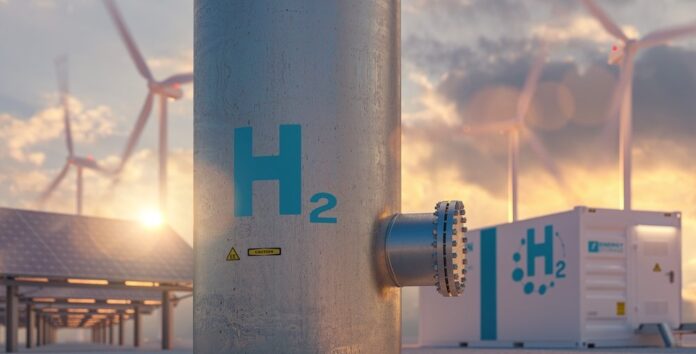Renewable energy projects in the Gulf region are facing “significant delays” that could further slow down the production and export of green hydrogen, according to Moody’s Investors Service.
A new report by the firm warns that while countries are working on producing zero-carbon green hydrogen, as well as low-carbon blue hydrogen, achieving this on a large scale will be “challenging” in the next few years.
The firm highlighted Saudi Arabia, Oman, and the UAE as particularly well-placed to produce and export these energy sources, given their access to cheap renewables, such as solar power, and expertise in water desalination.
It stated: “Auctioning processes for renewable energy projects in the GCC still face significant delays, which derail production targets.
“The development of the renewable energy sources that would power the production of green hydrogen also faces hurdles.”
The report flagged up increases in raw material, commodity, freight and energy prices following the economic recovery in 2021, as pushing up renewable energy prices.
“In addition, more severe and frequent weather events because of climate change could further disrupt production and damage assets,” it said,
The report did highlight the progress being made in green hydrogen projects in the region, including the Helios Green Fuels Project in Saudi Arabia, which has 2 gigawatt electrolyser capacity, and the Neom Green Hydrogen Company, in collaboration with ACWA Power Management and Investments One Ltd, which aims to produce 1.2 million tonnes of green hydrogen-based ammonia per year based on 650 tons of green hydrogen from 4GW of renewable energy.
The document also expressed concerns that while green hydrogen production could “mitigate the negative economic and fiscal impact of lower global oil demand and prices”, it will take time.
“Only green hydrogen will also somewhat reduce GCC countries’ heavy reliance on hydrocarbons and as such their underlying credit exposure to longer-term carbon transition risks. Reducing the economic and fiscal dominance of the hydrocarbon sector in the GCC will only be a gradual process,” said the report.

